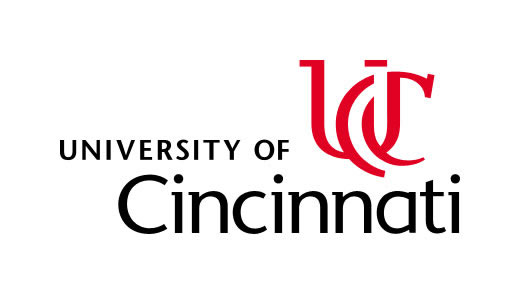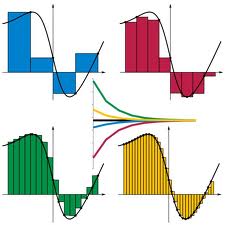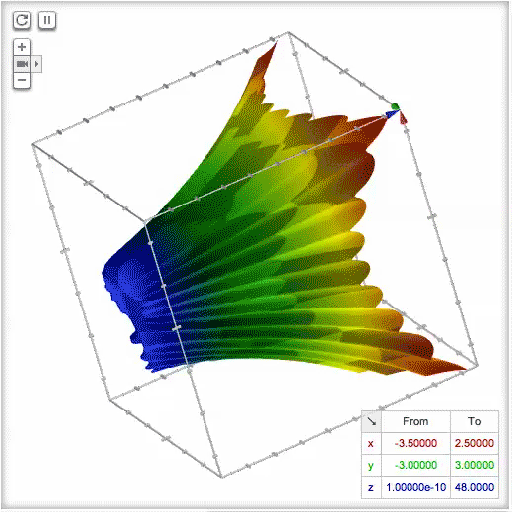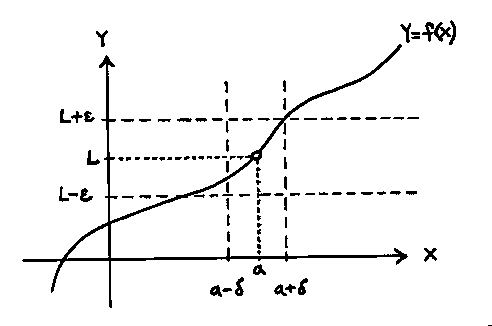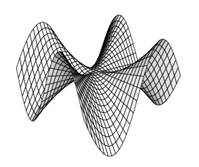|
Advanced Calculus
(15-Math-6002) |
real number field, completeness axiom, limit superior and inferior, subsequences, Bolzano-Weierstrass and Heine-Borel theorems, continuity and differentiability, the Chain Rule, the Intermediate and Mean Value theorems, Taylor series and theorem, Weierstrass M-test, the Riemann integral |
Department of
Mathematical
Sciences |
|
|
|
|
|
This page is a work in progress! (Last revised 23 January 2014)
Instructor Prof David A Herron
4514 French Hall West 556-4075 |
My Office Hours
MWF 8:30-9:30 and by appt |
E-mail me at David's e-address
My web page is at David's w-address |
Problem Session
Friday during class time |
Basic Course Information
Textbooks
There are scores of Advanced Calculus/Introduction to Analysis texts available in the Geo-Math-Physics Library. Below I list just a few of the many many such texts. I will continue to use Hoffman's book to generate my lectures, and many of the HW problems will come from it.
You can download a free pdf copy of Hoffman's book here or you can buy the book for example here.
Sometimes it can be a good idea to look at more than one book, because often some author will say things in just the 'right' way. Below I list some book that I know or have heard good things about. Also, do not overlook the web as a resource.
The book by Trench is also free and available here. The book by Rudin is somewhat more sophisticated than the rest, but it's a great reference.
| H |
Hoffman |
An Analysis in Euclidean Space |
| A |
Apostol |
Mathematical Analysis |
| DD |
Dence & Dence |
Advanced Calculus: A Transition to Analysis |
| F |
Folland |
Advanced Calculus |
| MH |
Marsden & Hoffman |
Elementary Classical Analysis |
| Ro |
Rosenlicht |
Introduction to Analysis |
| Ru |
Rudin |
Principles of Mathematical Analysis |
| T |
Trench |
Introduction to Real Analysis |
| W |
Wade |
An Introduction to Analysis |
General Syllabus Chapters 5-8 in Hoffman's book.
Course Goals
First and foremost, this is a course geared towards teaching you to think, act, and problem solve like a mathematician. Of particular importance, to me, is your acquiring the ability to communicate mathematical ideas effectively. This means learning how to read, and especially to write, mathematical proofs. In addition, you should come to understand that different environments lend to different communication requirements.
We shall study elementary analysis. A subgoal, at least for some of you, is preparation for the graduate program Qualifying Exam; I will have (much) more to say about this in the spring (at which time I may run a practice problem session). Here is a list of the Qualifying Exam topics and some practice problems.
Especially, this course will present a rigorous in-depth treatment of calculus with an emphasis on the theory.
Exams and Important Dates
- The deadline for grade replacement forms is January 24.
- The last day to drop this class (with no entry to your academic record) is January 20.
- The last day to withdraw from this class is March 14.
- The Final Exam is on Wednesday April 23 at 2:15-4:15pm; it will be cumulative.
- The two in-class hour exams are tentatively scheduled for Monday February 10 and Monday March 24.
- Spring break is March 15 - 23.
Grades
Your final course grade will be determined from your performance on the in class exams, a comprehensive final exam, your homework scores on written assignments, and your classroom and problem session participation.
Here is a precise breakdown:
- 30% --- final exam
- 30% --- 2 in-class hour exams
- 30% --- homework and assignments
- 10% --- class and problem session participation
The Final Exam is scheduled for Wednesday April 23 at 2:15-4:15pm. The in-class hour exams are (tentatively) scheduled for the dates listed above.
Homework and the Problem Session
Unless I explicitly indicate otherwise, you should read everything in the text and try to work all of the exercises and problems that you find as you read. Any of these exercises, as well as all of the "fill in the details" that I mention during lectures, are fair game as "easy" exam questions.
Each week I will pass out a set of problems, many chosen from the text book. I will ask you write up and hand in solutions to certain of these exercises (aka, Homework); these will be graded and returned to you. Please be sure to check out my guidelines for writing up your HW solutions.
Those problems not designated as Homework will be discussed at the weekly Problem Sessions. I will ask each of you to tell me which of the problems you have solved, and then I will select individuals to present their solutions at the board. I'll have more to say about this in class.
Here are some links to some interesting *things* such as videos, power point files, etc. I will add to this list as the year progresses.
Writing Mathematics
Class Stuff
